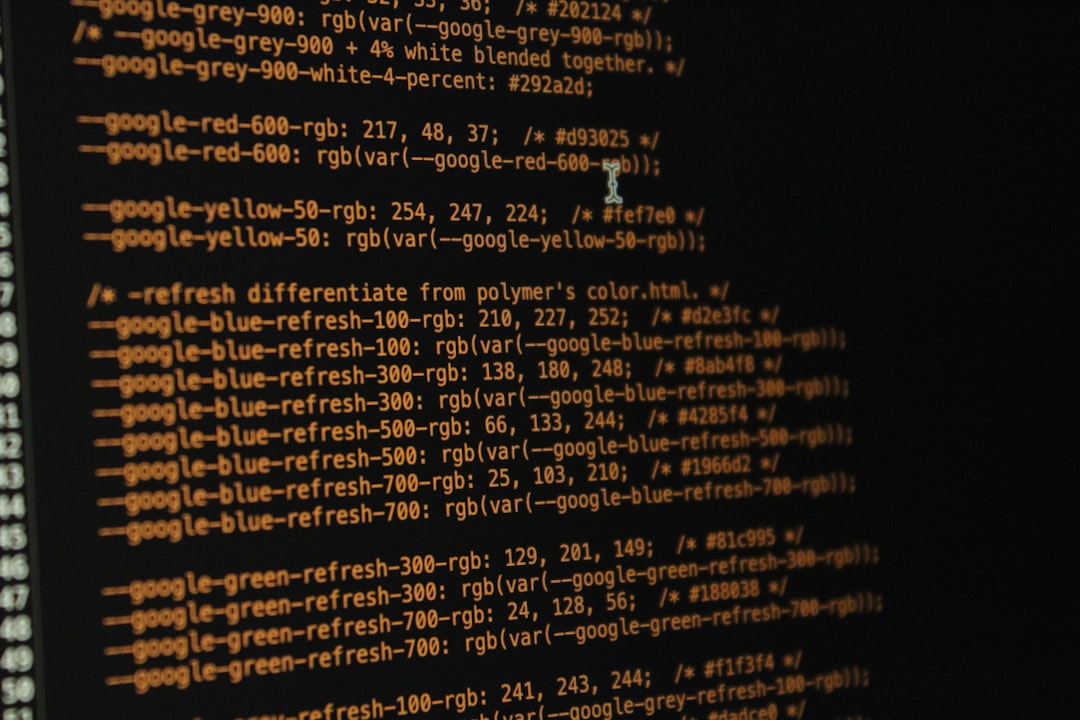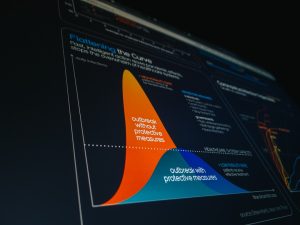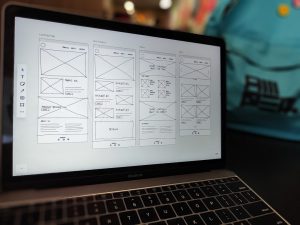
As the digital world continues to grow exponentially, the demand for real-time, actionable data is becoming more intense than ever. Businesses, developers, and analysts are constantly seeking powerful tools to automate the extraction of large-scale online data. In 2025, the next wave of AI-powered web scraping tools is already making waves by offering better scalability, intelligence, and adaptability. Below is a curated list of the top 5 AI data scraping tools that are leading the charge into the future.
1. Octoparse AI
Octoparse has long been recognized for its point-and-click scraping technology. In 2025, its latest upgrade integrates AI to not only streamline the scraping process but also intelligently detect content structure and avoid anti-scraping mechanisms.
Key features include:
- Visual workflow designer
- AI-powered CAPTCHA bypass
- Automatic content block detection
- Cloud-based crawling with data export to Excel, JSON, or APIs
This makes Octoparse AI ideal for both novices and professionals seeking to extract structured data with minimal effort.

2. Diffbot
Diffbot stands out by transforming the internet into a structured database. Using advanced machine learning, it can automatically parse and organize web pages into a crawlable knowledge graph.
Why it’s a 2025 must-watch tool:
- Uses NLP to understand and categorize web content
- Can extract data from millions of articles and product listings in real-time
- Offers a powerful Knowledge Graph API for complex queries
Its accuracy and scale make it particularly useful for researchers, ecommerce platforms, and enterprise data teams.
3. ScraperAI
As a new entrant making major ripples in 2025, ScraperAI combines deep learning algorithms with easy UI to deliver powerful scraping capabilities. This tool is especially lauded for its adaptability in scraping dynamically rendered JavaScript pages.
ScraperAI offers:
- AI-driven learning to adjust to website changes
- Visual scraping templates for industry-specific websites
- Bot mimicry to avoid detection
With built-in analytics and plugin support, it’s perfect for marketing teams and SEO professionals.

4. ParseHub Next
Known for its user-friendly interface, ParseHub Next leverages natural language processing to enable smart and intuitive data extraction. Users can simply describe the type of data they wish to extract, and the tool identifies relevant fields automatically.
Highlights for 2025:
- AI-assisted scraping script generator
- Multi-language support for global sites
- Advanced scheduling and automation
This is particularly useful for multilingual market research and global pricing comparison applications.
5. Apify AI Suite
Apify expands its reputation in 2025 by launching an AI suite that includes autonomous agents for crawling and scraping. These agents can now make decisions, adapt to new environments, and optimize data collection pathways over time.
Some key features include:
- Smart queue management for high-volume tasks
- API integrations with over 100 platforms
- Open-source actor community for task sharing
This makes Apify AI Suite a favorite among developers looking for a customizable and scalable scraping infrastructure.
Conclusion
As web environments become smarter and more protective of their data, having AI-driven tools in your toolkit will be essential in 2025. These top five AI data scraping platforms offer diverse features—from intuitive user interfaces to cutting-edge machine learning capabilities—that are shaping the next generation of data extraction. Whether for research, ecommerce, or competitive intelligence, investing in one of these tools could future-proof your data strategy.
FAQ
- Q: Is AI data scraping legal?
A: It depends on the website’s terms of service and how the data is used. Always review legal guidelines and obtain permission when necessary. - Q: Can non-programmers use these tools?
A: Yes. Many of the tools listed, like Octoparse and ParseHub, offer intuitive interfaces designed for non-coders. - Q: How do these AI tools avoid detection by websites?
A: Advanced AI tools use techniques such as human behavior mimicry, dynamic user agents, proxy rotation, and CAPTCHA solving to reduce detection risk. - Q: What types of data can I scrape?
A: You can extract data such as product information, reviews, job listings, real estate data, news articles, and more—depending on the site’s structure and access permissions. - Q: Are there free versions of these tools?
A: Most tools offer a freemium model with limited functionality. For enterprise or large-scale scraping, paid plans are generally required.






